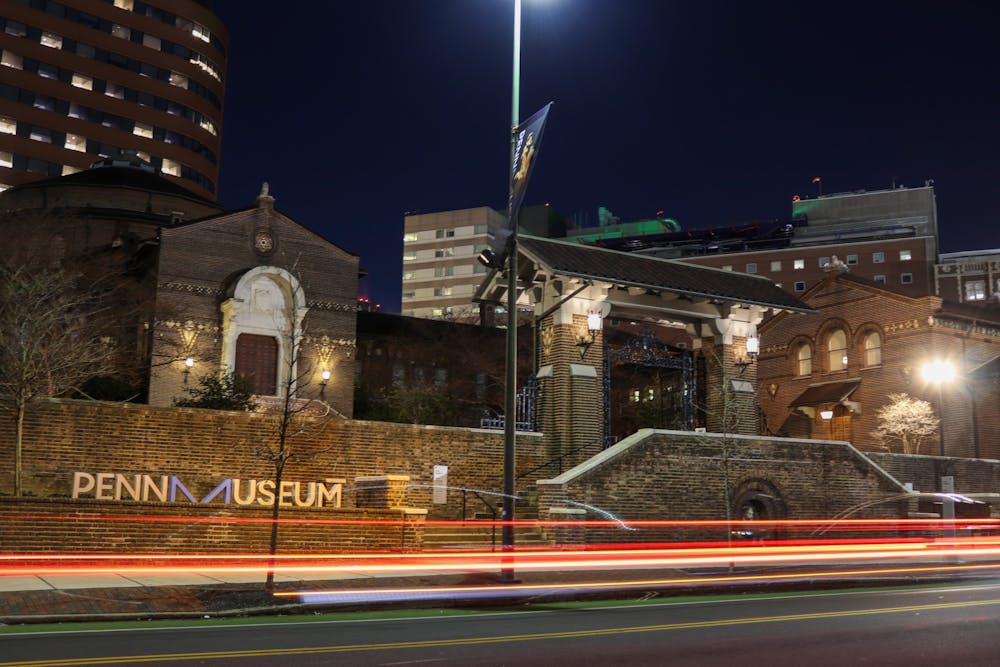The Philadelphia Orphans’ Court granted Penn Museum’s request to bury 20 Black Philadelphians in the Morton Collection on Monday.
The remains will be buried at Eden Cemetery — a historically Black cemetery — and will be commemorated with a public memorial service. More information about this process will be provided later, according to the Penn Museum website.
In an email to The Daily Pennsylvanian, a spokesperson from the Museum referred the DP to a quote from the Williams Director of the Penn Museum Christopher Woods.
“In consultation with the city’s spiritual and community leaders, we are now able to lay the Black Philadelphians to rest after nearly 200 years,” Woods said. “This is an important step in the ongoing work towards atonement and repair — a process we intend to keep transparent and community-informed.”
The initial hearing at the Orphans' Court regarding the Morton Collection took place on Feb. 2, during which judge Sheila Woods-Skipper ruled that the opposing party — Rutgers professor Lyra Monteiro and community activist Abdul-Aliy Muhammad — lacked standing in the case. This decision prevented them from participating in court procedures.
This initial hearing did not approve Penn Museum’s petition, with Woods-Skipper stating that a decree laying out next steps regarding the Morton Collection would be issued at a later date.
The decision on Monday approves the petition that Penn Museum filed in May of 2022, which initially sought permission to bury 13 Black Philadelphians identified in the collection. In July of 2022, Monteiro and Abdul-Aliy filed objections to the petition, citing a lack of archival research and community input in the process.
“The Museum is claiming to be the one that can determine what happens to other people’s ancestors, which has always been the problem,” Monteiro previously told the DP.
The Morton Collection is a “major site of the formation of racism,” Penn Ph.D. graduate Paul Wolff Mitchell previously told the DP. It consists of over 1,300 human skulls, including remains of Black and Native American ancestors, among others.
A ProPublica investigation recently found that Penn Museum’s possession of Native American remains violates the National American Graves Protection and Repatriation Act. A emailed statement from the Penn Museum wrote that since 1990, the museum has mailed more than 3,000 letters to 400 Tribes informing them of their holdings and extending invitations to consult with them about the proper steps to move forward with repatriation. The museum added that it is "building and investing in a “beyond-NAGRPA” infrastructure."
Editor's Note: A previous version of this article erroneously wrote that a source said that the Penn Museum's current plans would be considered a "reburial." This was misattributed and has since been updated. The DP regrets this error.









